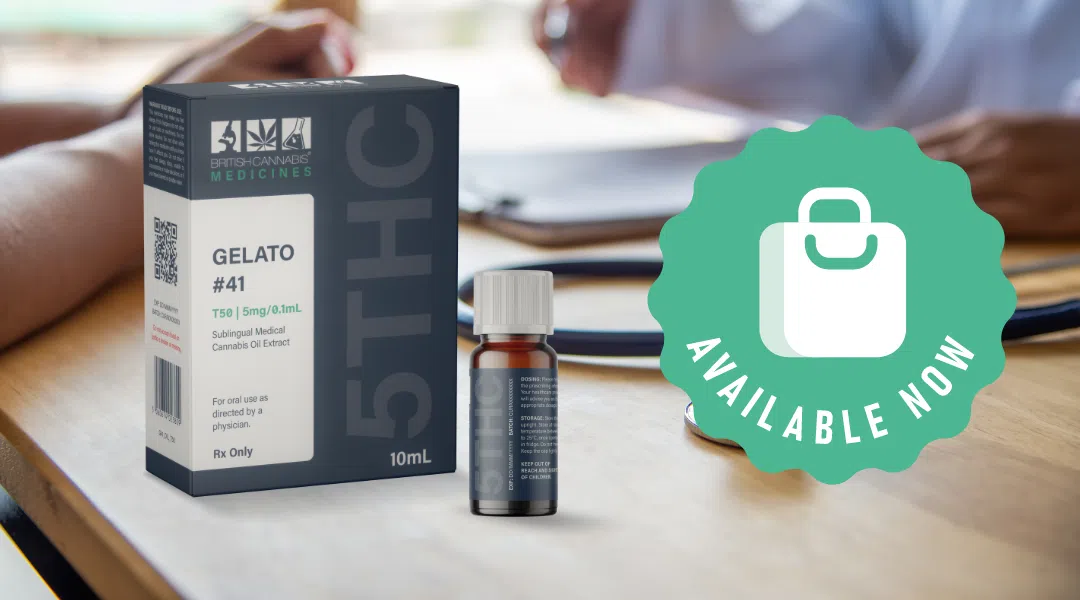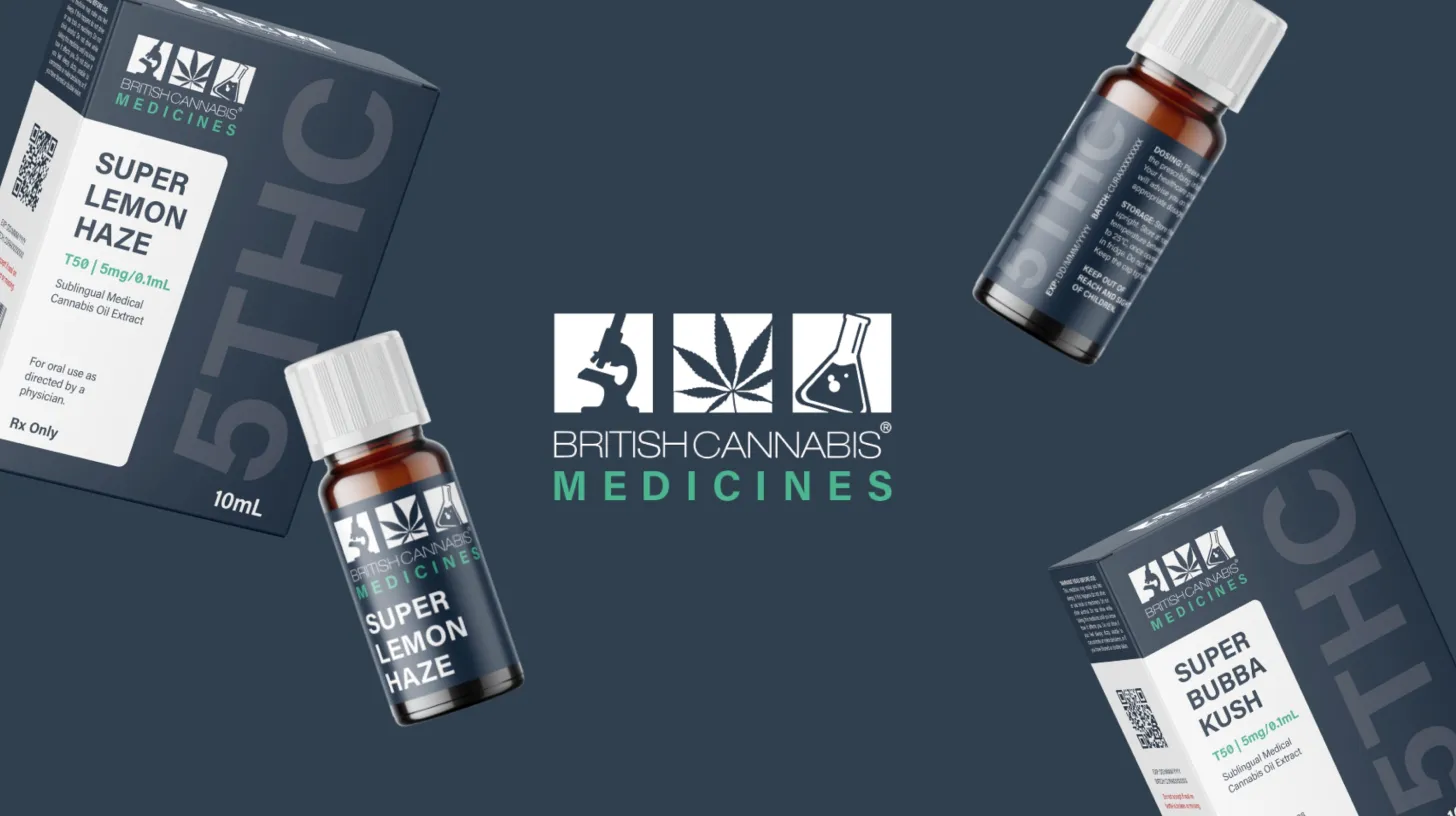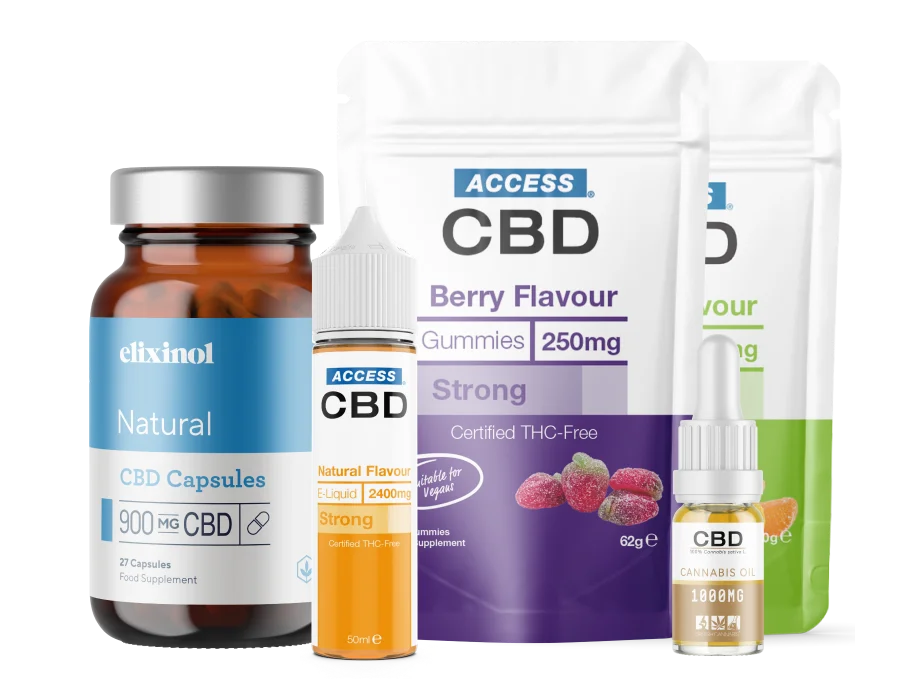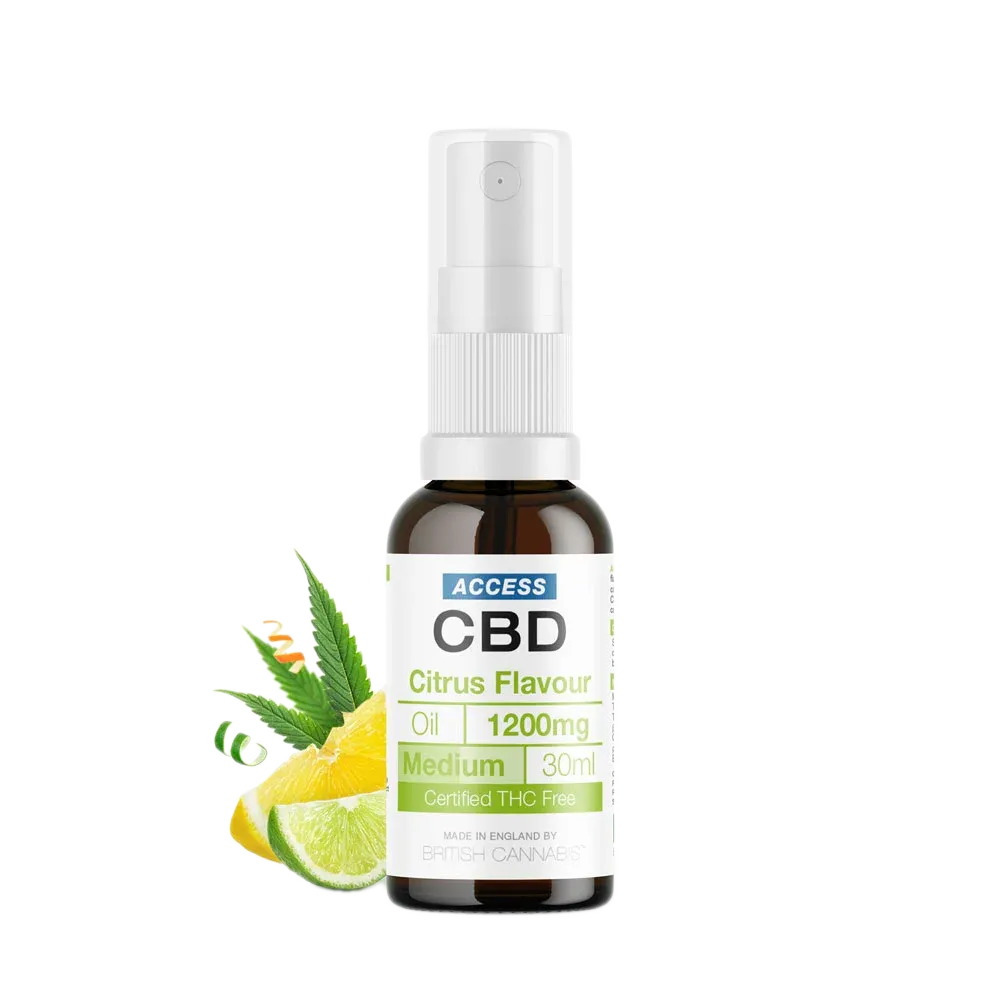
CBD Gummies and Medicine: Tread Wisely!
CBD Gummies Interactions
In recent years, there has been a palpable buzz in the wellness industry surrounding CBD, or Cannabidiol. Rooted in its vast therapeutic promises, from alleviating stress to potentially mitigating pain and anxiety, CBD has undeniably carved its niche.
As the world becomes more open to holistic approaches, the intrigue surrounding cannabis-derived compounds has exploded, with an increasing number of consumers drawn to the myriad of products available.
Foremost among these products, standing as a testament to the marriage of enjoyment and potential health benefits, are CBD gummies.
CBD gummies, like other CBD products, can interact with medications due to the way CBD is metabolized in the body. CBD affects a group of liver enzymes known as cytochrome P450 (CYP450), particularly the enzyme CYP3A4.
This enzyme is responsible for metabolizing many common medications, and CBD can either increase or decrease the effectiveness of these drugs.
Understanding CBD: A Brief Overview
Cannabidiol, more commonly referred to as CBD, is a remarkable cannabis compound that has captured the attention of both the scientific community and the general populace.
Recognized for its diverse therapeutic potential, CBD has demonstrated efficacy in alleviating a range of ailments including pain, anxiety, and seizures, amongst others.
This vast array of benefits positions CBD as not only a groundbreaking discovery in the world of natural remedies but also as a beacon of hope for those struggling with chronic conditions.
However, when discussing cannabis, the mention of its most famous compound, THC, is often not far behind. THC is infamous for its psychoactive effects, giving users the euphoric sensation commonly associated with marijuana consumption. CBD, on the other hand, stands distinct in this regard.
While both compounds originate from the same plant, CBD doesn’t induce a euphoric high. This crucial difference is what has catapulted CBD into mainstream acceptance, as it offers therapeutic relief without the accompanying psychoactive side effects.
This distinction between CBD and THC is essential for potential users to comprehend. While both offer a slew of benefits, the non-intoxicating nature of CBD makes it an attractive option for a broader audience.
Whether for the elderly seeking pain relief, stressed individuals yearning for tranquillity, or patients with seizures looking for a natural remedy, CBD emerges as a versatile solution san the heady rush.

Interactions: CBD Gummies and Medications
For many exploring the world of CBD, especially in delightful forms like gummies, the allure is undeniable. However, beyond the enchantment lies a realm of critical questions, with the foremost being the interaction of CBD with other medications.
Here are a few types of medications that may interact with CBD gummies:
Blood Thinners (e.g., Warfarin): CBD can increase the levels of blood thinners in the body, leading to an increased risk of bleeding. Monitoring INR levels is critical when taking both CBD and blood thinners.
Antidepressants (e.g., SSRIs, MAOIs): CBD can increase the concentration of these medications in the bloodstream, potentially leading to increased side effects like drowsiness or agitation.
Antiepileptic Drugs (e.g., Clobazam): CBD may interact with seizure medications, leading to either increased or decreased effectiveness. Some studies show that CBD may increase clobazam levels, making dose adjustments necessary.
Heart Medications (e.g., Calcium Channel Blockers, Beta Blockers): CBD can interact with medications used to treat high blood pressure and other heart conditions, possibly leading to increased concentrations of these drugs in the blood.
Immunosuppressants (e.g., Cyclosporine): Patients taking immunosuppressants should be cautious, as CBD may raise the blood levels of these medications, increasing the risk of side effects.
Antibiotics and Antifungals: Certain antibiotics and antifungals may be processed by the same liver enzymes as CBD, and co-administration could affect how quickly they are broken down in the body.
It is always advisable to consult a healthcare professional before using CBD gummies, especially if you are taking other medications. They can monitor potential interactions, adjust dosages if necessary, and ensure safe usage.
Particularly for those already on a medication regimen, it’s imperative to tread with caution. While CBD gummies might be a delightful addition to one’s wellness routine, their potential interactions with drugs can’t be ignored.
Thus, before introducing CBD into your daily regimen, it’s always recommended to have a thorough discussion with your healthcare professional to ensure a safe and beneficial experience.
Are CBD Gummies Safe?
In general, CBD gummies are considered safe for consumption. However, it’s possible for some people to experience mild side effects, such as changes in appetite or fatigue.
Start with a low dose to minimise potential risks and monitor your body’s response.
Side Effects: Beyond the Glitter and Glam
CBD isn’t all rainbows, whether in your oil, tincture or that tempting gummy bear. Sure, there’s a massive body advocating its safety.
But everybody is different. And sometimes, it throws up the unexpected – nausea, a sudden feeling of floating, or, more worryingly, an upset liver.
The story takes a wild twist when you throw in other actors – your regular meds. The ensemble can churn out an unpredictable plot.
Maybe intensify those side effects? Or maybe dial them down? It’s all a game of chemical roulette.
CBD’s Tangle with Meds
Enter the world of CBD and medication. An intricate dance of molecules, enzymes and an orchestra of body processes.
Some drugs, it turns out, might not vibe well with CBD. Why? Blame the cannabinoids.
These are like the ‘ingredients’ that give cannabis its character, with CBD being one of them.
Some heavy-hitters list ‘Not to be paired with CBD’. Prescription drugs that many rely on.
Some of these, especially when they meet cannabinoids, could lead to a more chaotic dance than choreographed. It’s not just about CBD, but how it changes the game for other drugs.
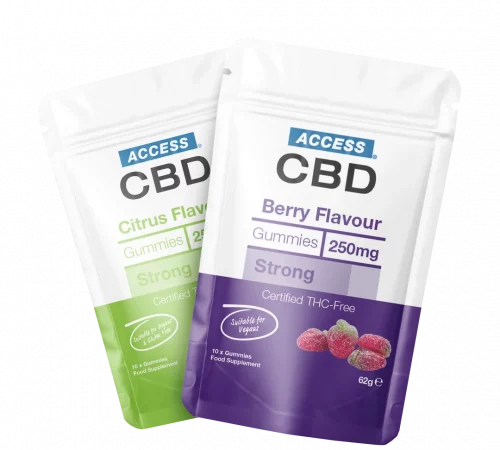
The CBD Form Factor: Does It Matter?
Pop quiz! Which kicks in faster? Inhaled CBD or those tangy CBD gummies?
The answer lies in how our body deals with these forms. Inhaling is like the express route, while edibles like gummies take the scenic path.
And then there’s the Wild West – lack of checks and balances. So, while you munch on those CBD edibles, wondering about the CBD edible’s side effects, remember, there’s more than what meets the eye.
Or in this case, the mouth.
Are CBD Gummies Safe?
In general, CBD gummies are considered safe for consumption. However, it’s possible for some people to experience mild side effects, such as changes in appetite or fatigue.
Start with a low dose to minimise potential risks and monitor your body’s response.
Wisdom for the Wise
Hold on, champ! Before you pop that gummy or drop that oil, a bit of advice.
A chat with your local pharmacist or a quick call to your doctor might save the day. Especially if you’re on the other side of youth’s horizon, or juggling health issues.
After all, that gummy might look harmless, but mix it with certain meds, and you’re in for a roller-coaster.
Why Choose BRITISH CANNABIS™ for Your CBD Gummies?
When purchasing CBD gummies, not all products are created equal. Here’s why BRITISH CANNABIS™ stands out:
- Quality Assurance: Every gummy, be it the natural raspberry-flavoured or the vegan, gluten-free citrus option, undergoes rigorous testing to ensure potency and purity.
- Educational Resources: BRITISH CANNABIS™ is committed to educating its consumers. Their extensive CBD guide provides invaluable insights into CBD, ensuring you make informed choices.
- Variety: With an extensive online shop, you will find a CBD gummy that suits your taste and needs.
Wrapping Up
Natural doesn’t always mean safe. It’s a misjudgment many make.
CBD, in all its forms, can be a boon. But like everything, respect its boundaries, especially when other medications enter the scene.
Dive Deeper:
References
- Winterstein, A. G., & Staley, B. (2019). Potential Adverse Drug Events and Drug–Drug Interactions with Medical and Consumer Cannabidiol (CBD) Use. Journal of Clinical Medicine, 8(7), 989. https://www.mdpi.com/2077-0383/8/7/989?utm_sq=g4xlu2tj61



